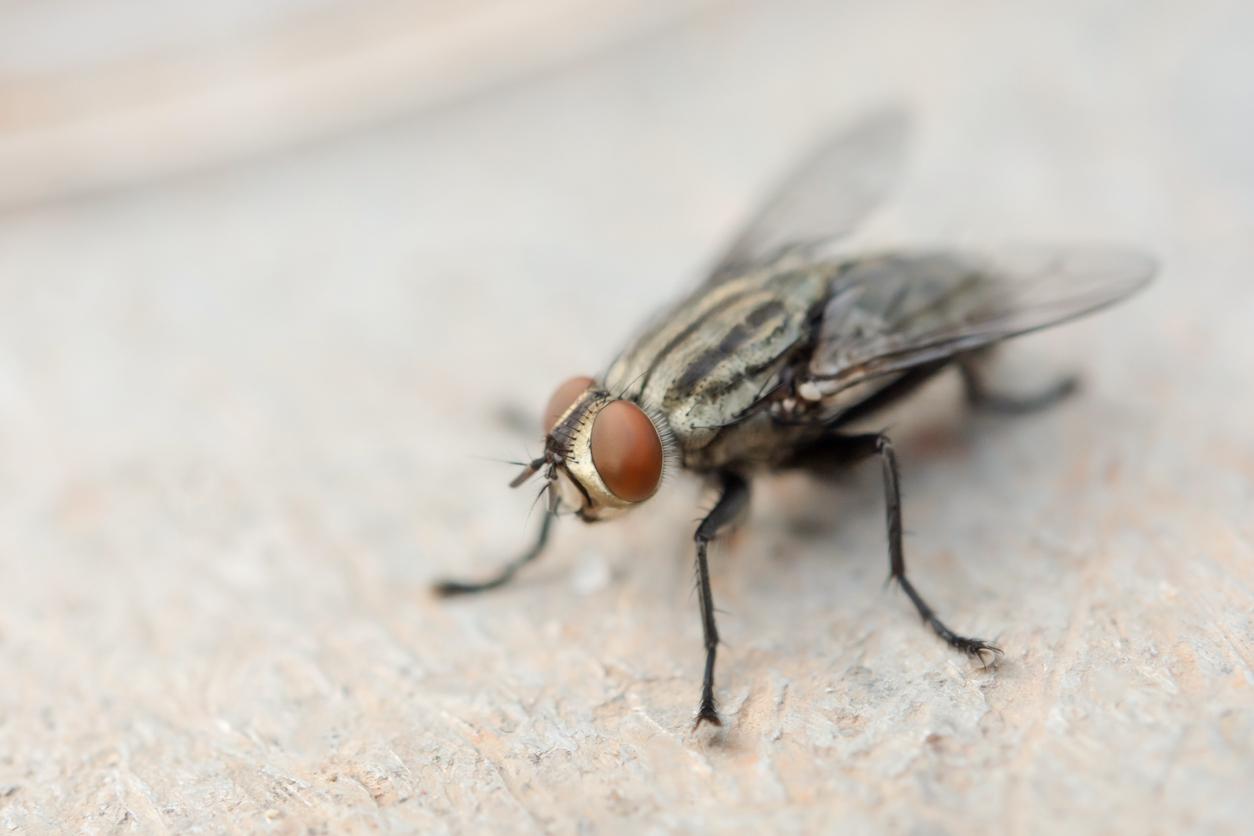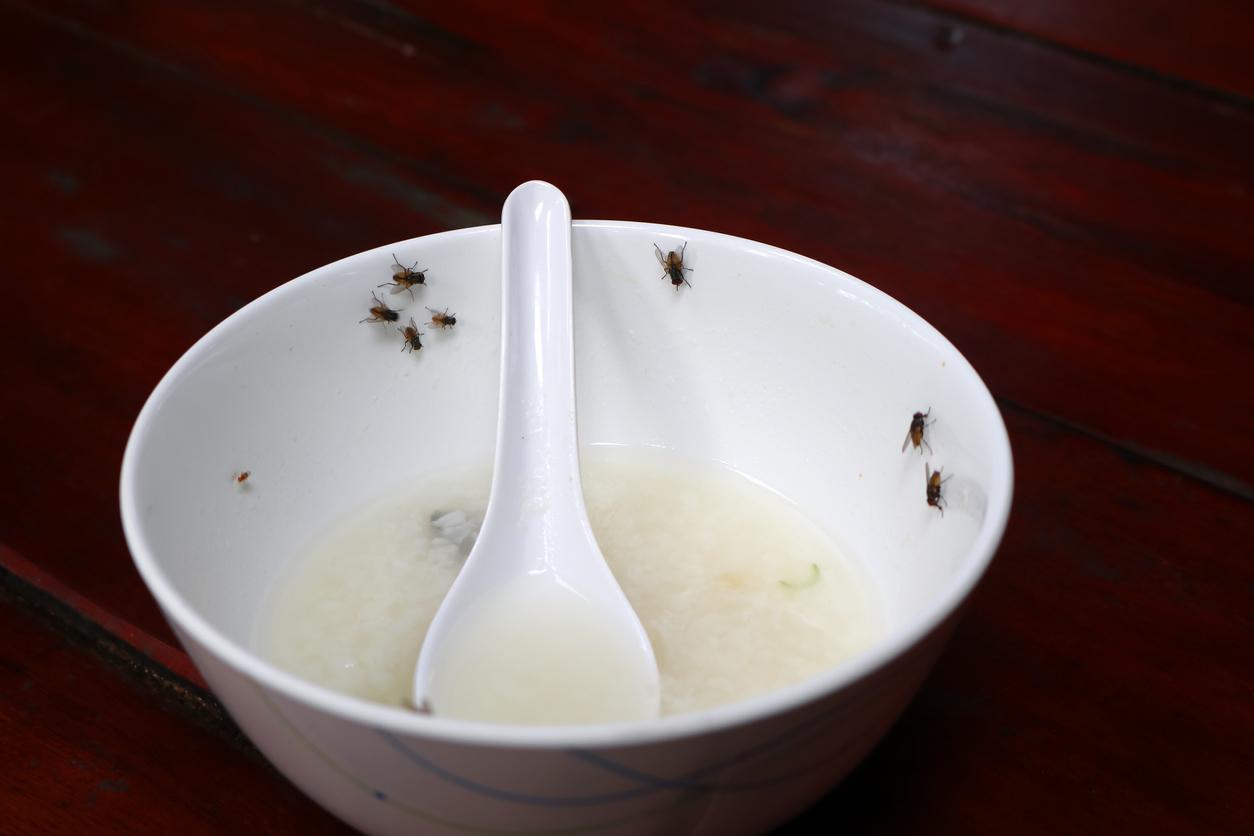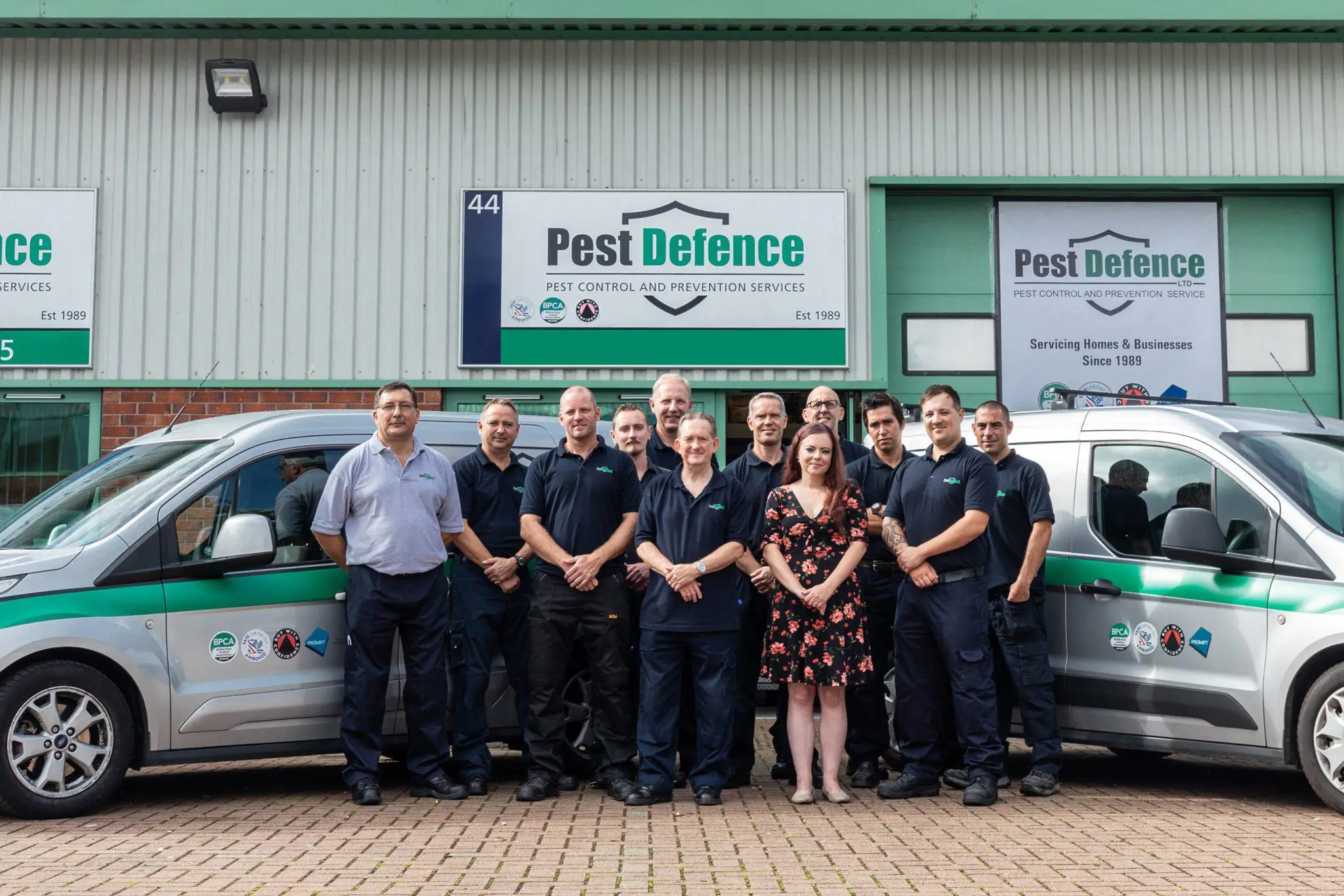The Life Cycle of a Fly Explained
Flies are some of the most common nuisance pests that we encounter in our daily lives, especially during warmer weather. From buzzing around our homes to infiltrating our picnics, these tiny creatures always seem to be present.
Have you ever wondered about the life cycle of a fly and how it impacts our surroundings? In this article, we will delve into the fascinating world of flies and shed light on their life cycle stages. We’ll also discuss how flies can pose a significant risk to the hospitality and food industry, emphasising the importance of effective pest control measures.
The life cycle of a fly can be divided into four distinct stages: egg, larva (maggot), pupa and adult. Understanding each phase is crucial in comprehending their behaviour and impact on our environment.

Phase 1
The life cycle of a fly begins when a female lays her eggs. As prolific breeders, a single female fly can lay hundreds of eggs across her lifespan. Commonly, they will deposit their eggs into rotting organic material, including rubbish, manure and even in leftover food. Before long, the eggs will hatch into tiny larvae, something we often call maggots.
Phase 2
The larval stage of a fly is important, because it’s when they are doing the most feeding and growing. Maggots are known for having a big appetite, thriving on their environment of decaying matter around them (hence the importance of where the female lays the eggs). By breaking down the material into small particles, they can aid in its decomposition, allowing them to feed further.
Depending on the species and the conditions of the environment, this phase of development can last anywhere from a few days to a few weeks.
Phase 3
After reaching their optimal size, the maggots then move to the pupal stage. It’s at this point that the maggot encases itself in a puparium — this is a special, protective casing in which the maggot can transform its body. The metamorphosis can again take a matter of days or several weeks, but once finished it will have reorganised its body into the more familiar shape of a fly.
Phase 4
Eventually, an adult fly will emerge from the casing, setting out on its short journey to breed further and continue the general life cycle. This is the point at which we become much more aware of them, with their attraction to waste and food materials, seeking to eat and breed. Since the lifespan of an adult fly can last between a few days to a few months, it often feels like they’re on something of a mission.
All of this can mean that they’re quite a nuisance for us humans. Let’s look at some of the industries where they can cause the most trouble.
The impact of flies on the hospitality and food industries

For any business operating in hospitality or working with food, flies pose a significant risk. Since what they’re after is a source of food and a place to lay eggs, all your surfaces and food items are open to exposure. Because they carry diseases and bacteria, such as Salmonella, E. coli and Campylobacter, this could contaminate your premises and products, putting customers and employees at risk.
Whether it’s the presence of flies themselves, visible to customers, or a reputation for disease and poor hygiene, it’s easy to see why flies can damage the standing of a business. Since everyone expects high standards when dining out or spending leisure time anywhere, the sight flies – dead or alive – can be off-putting.
In order to protect your reputation and reassure both staff and customers, it’s important to implement effective pest control measures. There are a whole host of things you can do to help stop flies from thriving in your environment, including:
- Regular inspections
- Professional waste management practices
- Fly screens and traps
- Thorough cleaning and sanitisation
All of this can help to deter flies, especially by ensuring that you don’t leave any food or drink out in the open for long periods.
Pest control for flies

If you’ve got an issue with flies in or around your facilities, don’t let them ruin your reputation or compromise your produce. At Pest Defence, we understand the life cycle of flies, which helps us to better understand how to tackle them, including the installation of electric fly killers and advice on preventative measures.
Wherever you’re based in Colchester, Chelmsford, Brentwood and other areas in Essex, look no further than our qualified and professional pest control team for help in keeping your premises free of pests. Contact us today for help with flies, cockroaches, ants and other insects.


